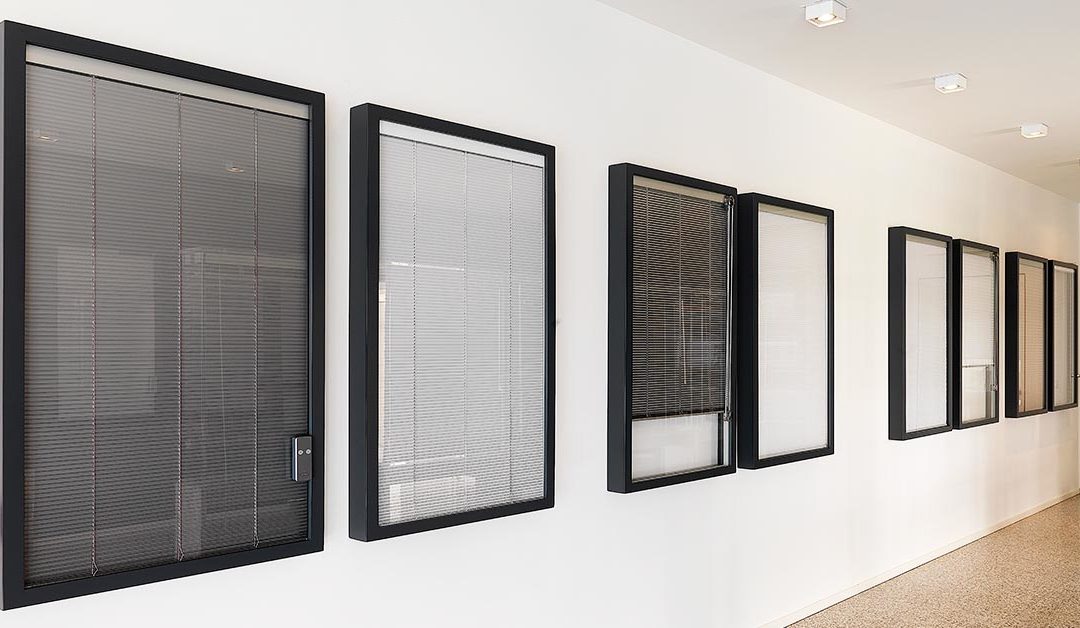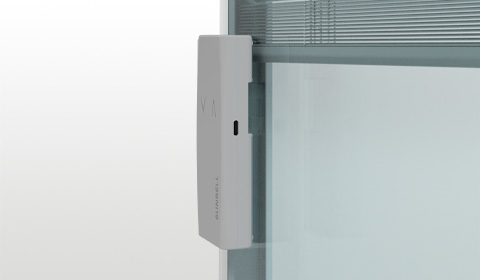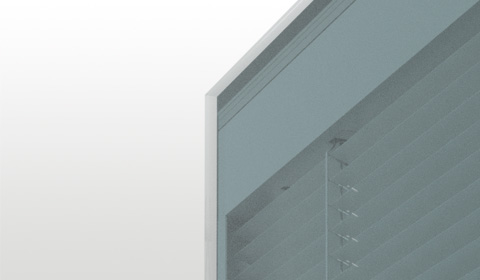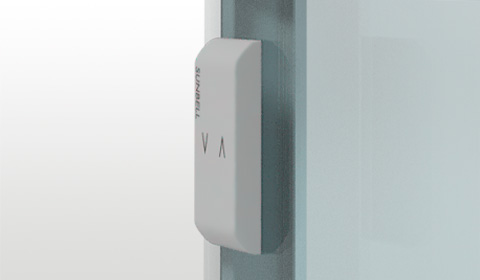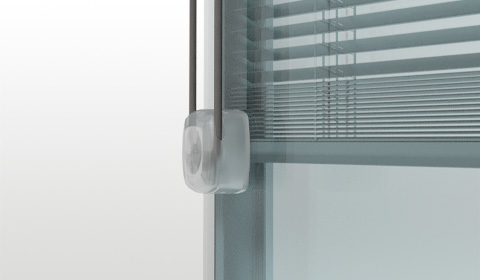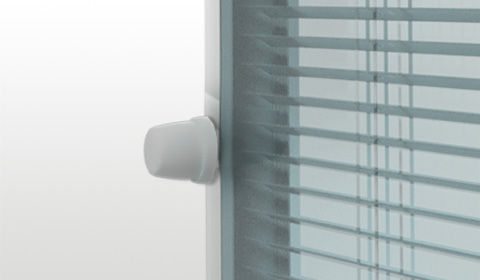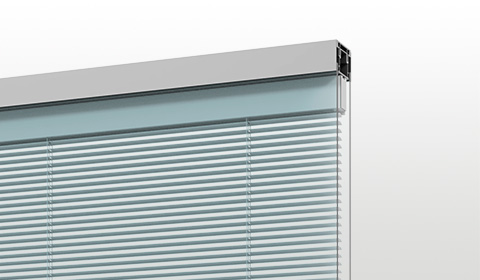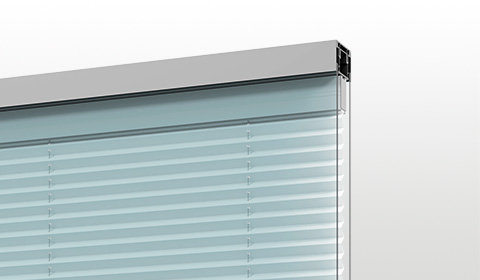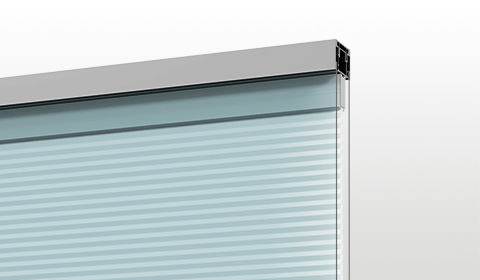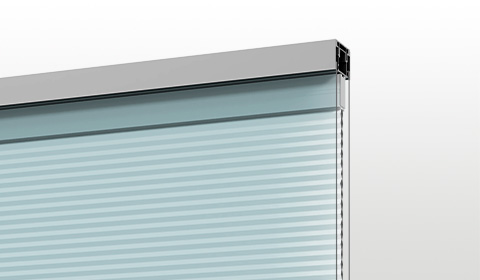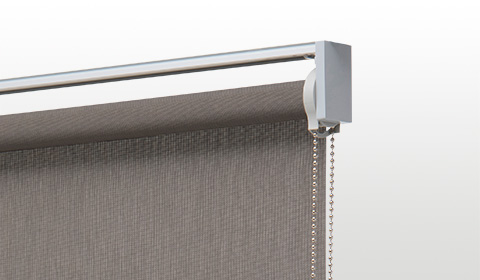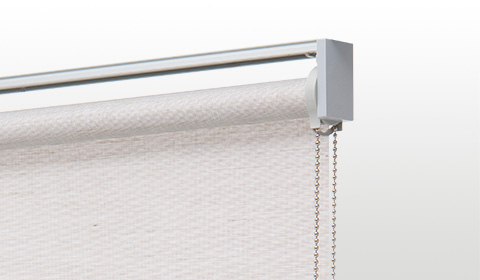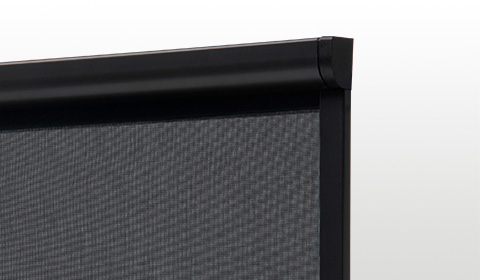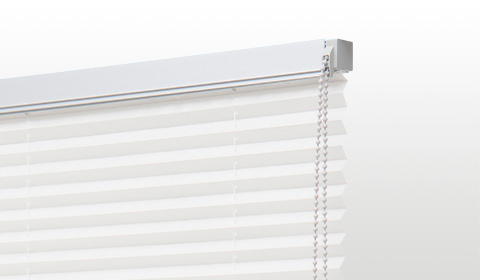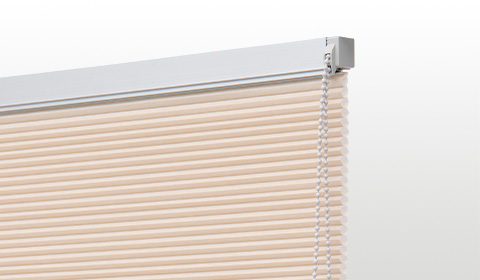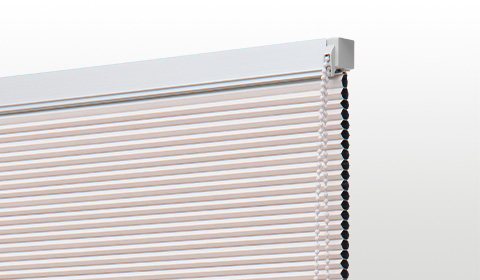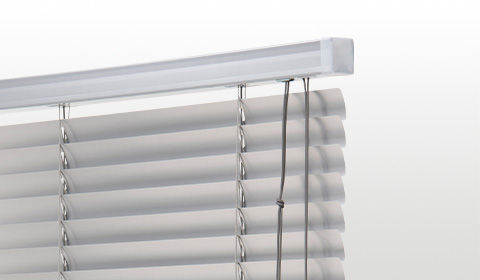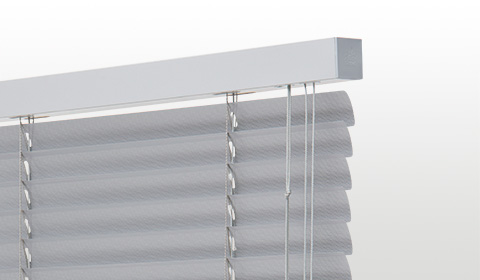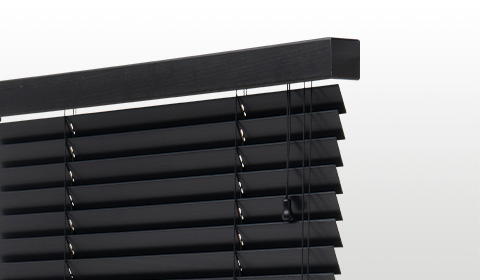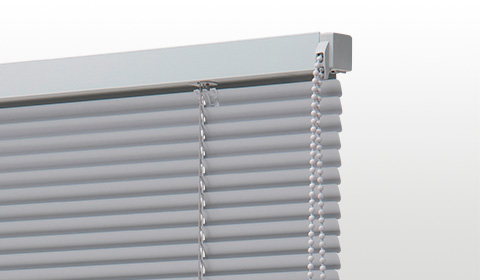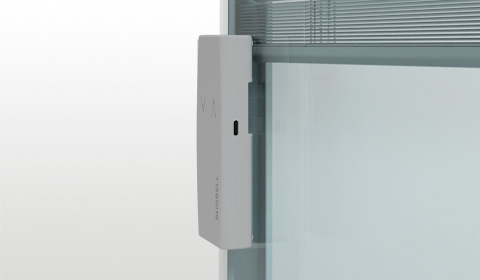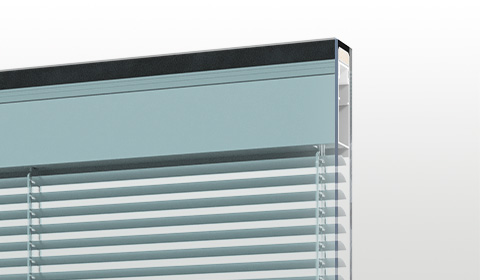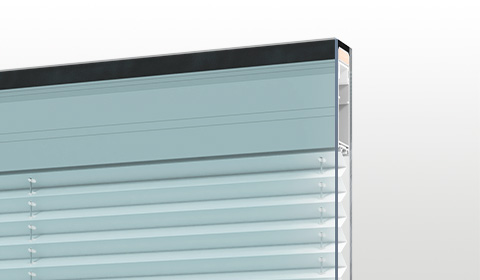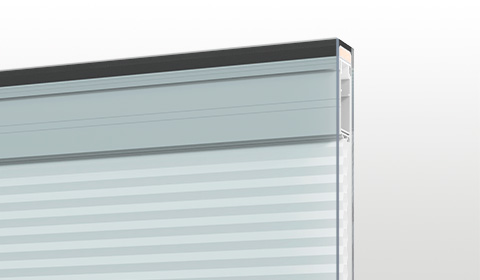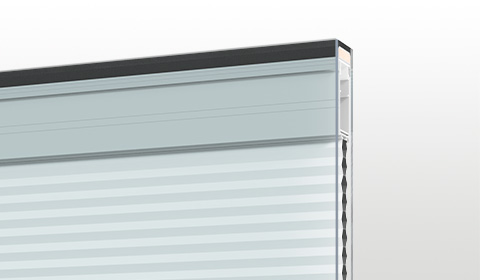When you think about how to save energy in your home, the first things that come to mind are probably improving the regulation of your thermostat, the purchase of energy-efficient electrical appliances and improving the insulation of the rooms.
However, there are other very simple ways to guarantee increased energy savings, such as the correct timing of opening and closing external Venetian blinds depending on the season and the time of the day.
In summer, external Venetian blinds contribute significantly to reducing your bills, thanks to their main features:
- They are more robust compared with blinds for interiors, and they offer more control to manage incoming sunlight.
- There is a smaller space between each slat.
- They block sunlight before it hits the window pane.
To summarize, external Venetian blinds can offer you a simple and practical solution to increase the energy efficiency of your home as well as saving you money to cool your home during the summer.
How external Venetian blinds can help to cool your home
External Venetian blinds can help to regulate strong summer heat, as their adjustable slats are capable of controlling the amount of sunlight entering the rooms.
Thanks to this system, which can be both manual or automatic, these blinds can block any direct sunlight, protecting your home from strong light and considerably reducing the risk of overheating. This will make your home more efficient in terms of energy use and will also protect it from the damage caused by UV rays.
By limiting the amount of sunlight in direct contact with the facade of your home, external Venetian blinds can almost immediately stop your home from overheating – when they are correctly designed and installed, of course!
Retractable models are also available on the market. These have a particularly interesting design, as they can be rolled up entirely in the winter so that the sun can naturally warm your home during the cold months.
When to open and close external Venetian blinds
Closing your external Venetian blinds at the right time of the day can also help to reduce the amount of energy used in your home.
During warm summer days, when the sunlight directly hits the glass of your windows, rooms heat up considerably, often to the point that you are forced to switch on ventilators or other cooling systems.
The use of this type of system requires higher energy consumption and leads to a significant increase of your monthly bills.
Thanks to external Venetian blinds you can avoid this problem. By adjusting or closing them completely, you can stop the sun from entering your rooms.
It’s like putting a filter between the sunlight and your windows that is capable of stopping your house from overheating.
However, the proper use of external Venetian blinds is not just due to their ability to shield from sunlight, but it also depends on opening them at the right time of the day.
You can save money by opening them during cool summer nights to let the warm air accumulated during the day escape outside, thus reducing your cooling bills.
External Venetian blinds: materials
External Venetian blinds are generally available in three kinds of materials: aluminium, PVC and wood.
The choice of Venetian blinds to be installed should take into consideration the materials they are made of. This can affect characteristics such as cost, maintenance, aesthetics and their durability over time.
Aluminium and PVC are the lightest and most resistant materials, and their main difference is the price, as the first one is less expensive.
Wood is usually more aesthetically pleasing, but generally more expensive, and it will be more affected by external agents over time.
However, it’s essential to check that a special treatment for exterior use has been applied to your external Venetian blinds.
Whatever solution you choose, you now know that, if you want, it is possible to stop a large part of the heat and unwanted sunlight from entering your home.
This will allow you to reduce the amount of air conditioning used and thus reduce the amount of energy wasted and give a small but significant contribution to protecting our planet.

